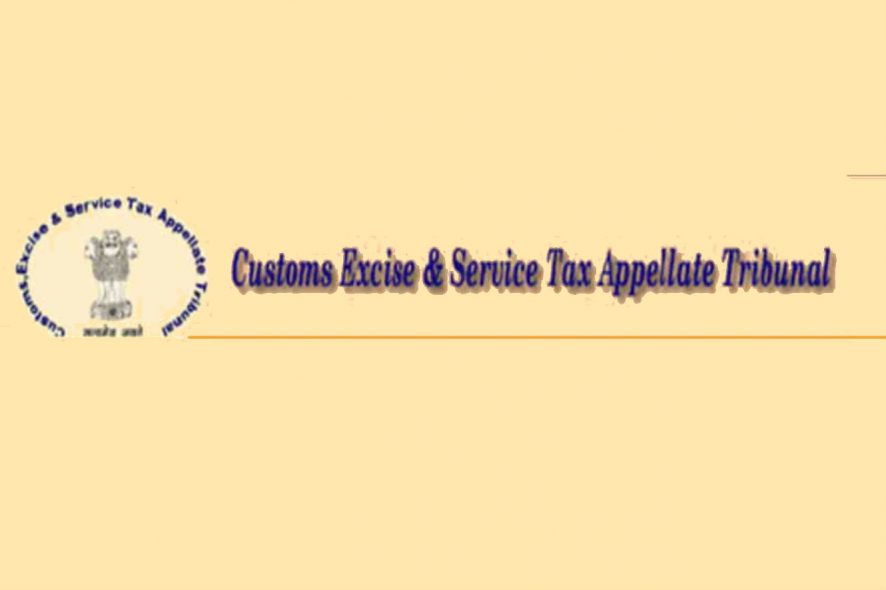Customs, Excise and Services Tax Appellate Tribunal (CESTAT): Raju (Technical Member) partly allowed an appeal which was field against the demand of service tax and imposition of penalties.
Counsel for the appellant pointed out that there were two issues involved. First issue related to the payment of service on the reverse charge basis on GTA services received by them and he pointed out that the demand pertains to the period April 2005- March 2006. The appellant had discharged the duty liability through their Cenvat credit on 1st December, 2006 along with interest. However, when the revenue pointed out that this amount should be paid in cash, the appellant discharged the duty in cash on 27-12-2006. It was again pointed out that they were not contesting for payment of duty and interest and were entitled for the benefit of Section 73(3) of the Finance Act, 1994. The revenue had denied the benefit of the said section because Section 73(3) was introduced in 2010 much after the disputed period.
Second issue related to the demand of service on reverse charge basis in respect of commission paid by the appellant to a foreign entity. Period of the second dispute was 16th June 2005 to March 2006. He pointed out that the said period was prior to the introduction of Section 66A and prior to the said period the levy itself was not leviable. He argued that during that period there was lot of confusion in the trade regarding leviability of the said duty on reverse charge basis. He also claimed that they were not demanding any refund of duty but only setting aside of penalties imposed under Sections 76 and 78. He also claimed that their specific claim under Section 80 was not considered.
AR argued that Section 73(3) introduced much after the disputed period and therefore, had no application in the instant case.
The Tribunal found that the first issue related to the payment of service on reverse charge basis in respect of GTA services received by appellant, and that the appellant had paid the service tax as soon as it was pointed by the auditor and again in cash when it was pointed out that it had to be paid in cash and thus, no malafide on the part of the appellant could be found. It was held that the benefit of Section 80 should be extended for the appellant and penalty under Section 76 and 78 were set aside.
In reference to the second issue, it was established that the period was prior to introduction 66A when the duty was not leviable, thus the Tribunal partly allowing the appeal found that there is no justification in imposition of penalty under Sections 76, 77 and 78.[Sud Chemie (P) Ltd. v. C.C.E. & ST, Service Tax Appeal No.10021 of 2019, decided on 02-09-2021]
Suchita Shukla, Editorial Assistant has reported this brief.







